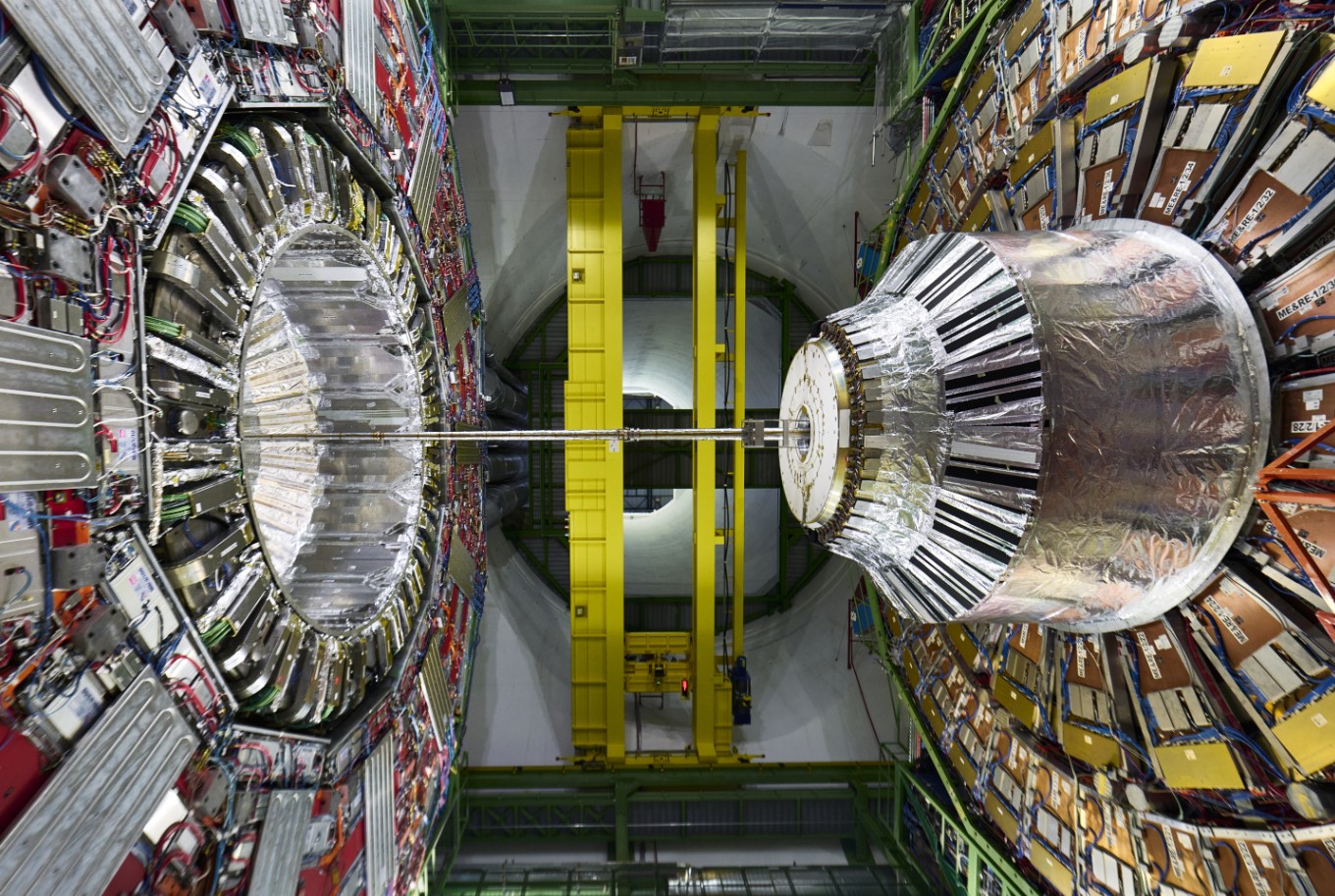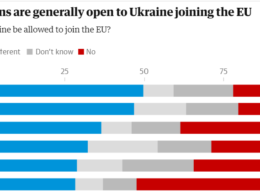The European Organization for Nuclear Research (CERN) officially ended its partnership with Russian scientific institutions on 30 November 2024, a decision confirmed by its 24 member states, Swissinfo reports.
The move marks the end of a long-standing partnership amid ongoing tensions over Russia’s invasion of Ukraine. It affects collaborations with Russian institutes while preserving some individual research relationships. Fewer than 350 Russian-affiliated scientists currently work with CERN, many based outside Geneva, and those affiliated through separate agreements will remain involved in projects.
CERN, renowned for the Large Hadron Collider (LHC)—the world’s largest experimental research facility—brings together 10,000 scientists from over 100 countries to study the structure of matter using advanced particle accelerators. Celebrating its 70th anniversary, CERN is headquartered near Geneva, straddling Swiss and French territories. With 3,000 staff, a CHF 1.3 billion ($1.5 billion) annual budget, and 17,000 guest researchers from 110 countries, CERN is the world’s largest particle physics center and the birthplace of the World Wide Web.
Russia, which was never a member state, held observer status that allowed participation in research without contributing to CERN’s budget or decision-making processes. This status was suspended in March 2022 following Russia’s invasion of Ukraine, with member states strongly condemning the aggression. In December 2023, CERN announced it would not renew its agreement with Russia, while its cooperation with Belarus ended in June 2024.
Read more:
- UK intelligence: Inflation and sanctions push Russia’s economy towards increased financial strain
- UK sanctions Russian officials over systematic illegal deportation of Ukrainian children
- Reuters: Swiss bank UBS faces US sanctions inquiry over Russian clients






